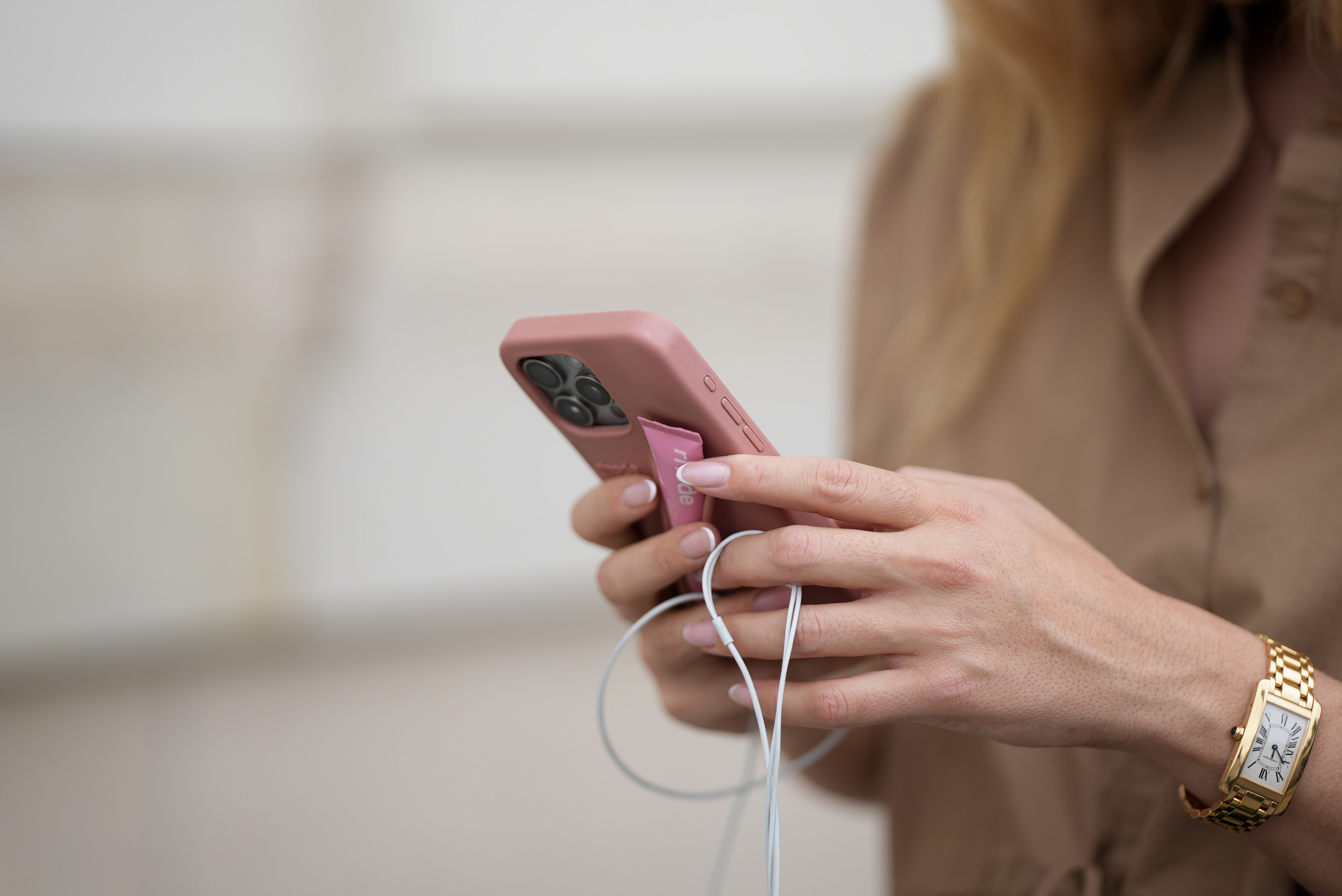iPhone Users More Vulnerable to Scams Than Android Users

Understanding the Risks: iPhone Users and Online Scams
New research from cybersecurity firm Malwarebytes has revealed that iPhone users are more likely to fall victim to online scams compared to Android users. This finding challenges the long-held belief that Apple devices are inherently safer, highlighting a concerning trend for millions of iPhone users around the world.
The survey, which included 1,300 adults across the U.S., U.K., Austria, Germany, and Switzerland, found consistent patterns of riskier online behavior among iPhone owners. According to the study, 53% of iPhone users have experienced an online scam, while only 48% of Android users reported the same. This discrepancy suggests that there may be a false sense of security among iPhone users, leading them to trust their device's built-in security more than they should.
Why It Matters
As cyber threats become increasingly sophisticated, it's crucial for both consumers and businesses to recognize that no device is completely immune to online risks. The perception that Apple products are safer can lead to complacency, making users more vulnerable to phishing attempts, malware, and other forms of digital fraud.
Kevin Thompson, CEO of 9i Capital Group and host of the 9innings podcast, emphasized this point, stating that scammers often target iPhone users due to their popularity. "Scams are everywhere—from fake USPS or TollTag texts to those suspicious 'Hey' messages. They all want one thing: for you to respond," he said.
Risky Behavior Among iPhone Users
The survey also highlighted higher levels of risk-taking behavior among iPhone users. For example, 47% of iPhone users reported buying from unknown sources for the best price, compared to 40% of Android users. Additionally, 41% of iPhone users admitted to sending direct messages to sellers or companies on social media seeking discounts, versus 33% of Android users.
Another alarming statistic is that only 21% of iPhone users use mobile security software, compared to 29% of Android users. Similarly, 35% of iPhone owners reported using unique passwords for each online account, while 41% of Android users did the same.
False Sense of Security
A significant portion of iPhone users—roughly 55%—expressed trust in their phone’s security to keep them safe, which is slightly higher than the 50% rate among Android users. This trust could discourage the adoption of additional security tools or best practices, leaving users vulnerable to modern scams and threats like infostealers.
Michael Sherwood, VP of product at Malwarebytes, warned that relying solely on the device’s reputation for security is not enough. "We can no longer rest on our laurels no matter how we choose to browse, bank or chat. Cybercriminals know that mobile devices are a fruitful gateway to scams and threats."
Expert Advice
Experts recommend that users remain vigilant and skeptical of any unsolicited messages or links. Alex Beene, a financial literacy instructor, pointed out that Apple's reputation for being less susceptible to malware has led some users to believe their devices are safer from attacks. "This same reputation, unfortunately, has led some to believe devices like iPhone are safer from these attacks and as a result, some users are more likely to click on links they receive assuming Apple has thoroughly protected their device."
Apple itself encourages users to never share personal information or passwords and to consider using two-factor verification for added safety. The company advises users to contact companies directly if they suspect a scam, rather than responding to messages that may be fraudulent.
What Can Be Done?
The findings from the Malwarebytes survey underscore the urgent need for enhanced online safety education, especially for iPhone users. Experts like Kevin Thompson emphasize that all phone users should avoid responding to texts from unknown senders. "If you're expecting a package, go straight to the carrier's website, don't click the link," he said.
Ultimately, staying informed and cautious is the best defense against online threats. Whether through mobile security software, unique passwords, or simply verifying the legitimacy of messages, users must take proactive steps to protect themselves in an increasingly digital world.